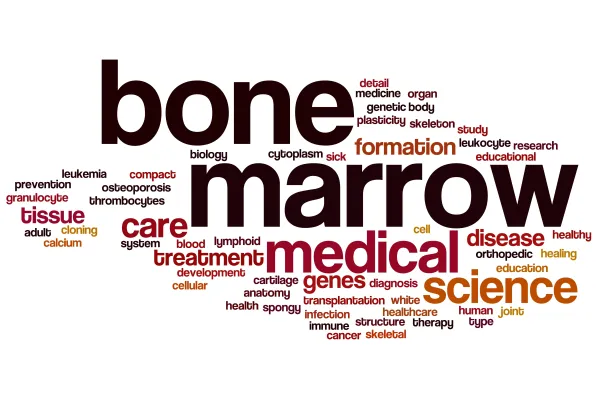General Surgery Coding Alert
File Final Dx Code Instead of Symptoms
Question: Our surgeon performed an EGD for a patient complaining of recurrent heartburn, cough, and laryngitis. During the procedure the surgeon identified inflammatory changes in the esophagus and diagnosed the patient with GERD. What diagnosis code(s) should we use for the case? Alabama Subscriber Answer: You should code the final diagnosis, not the presenting signs and symptoms. Because the surgeon doesn’t mention esophageal bleeding, you’ll code the case “without bleeding.” The appropriate code is K21.00 (Gastro-esophageal reflux disease with esophagitis, without bleeding). Similar: You need to ensure that you don’t confuse the code with similar ICD-10-CM options. For instance, you might be tempted to report the esophageal inflammation as the diagnosis using a code such as K20.90 (Esophagitis, unspecified without bleeding). But that code has an Excludes 1 note that eliminates using K20.- for esophagitis with gastro-esophageal reflux disease. You should also avoid reporting common Esophagogastroduodenoscopy (EGD) findings that are not in evidence in the op report, such as K22.1- (Ulcer of esophagus) or K22.7- (Barrett’s esophagus) Symptoms: Because the surgeon reports a final diagnosis based on the patient’s clinical symptoms and EGD findings, you should not report the following symptoms when you file the claim: 
Related Articles
General Surgery Coding Alert
- Wound Care:
Spotlight Wound-Procedure Distinctions to Choose the Right Code
Failed attempts may lead to negative pressure therapy. When your surgeon treats integumentary wounds, you have [...] - ICD-10-CM:
Don’t Let Numerous Codes Be a Pain in the Gut
Learn to distinguish 27 abdominal pain code choices. When you face an office or op [...] - Documentation:
Get Your Medical Records in Top Shape With These 3 Steps
Establish parameters for timeliness to capture detail. Poor medical record hygiene may lead to poor [...] - Implement NCQA Documentation Guidelines for Optimum Medical Record
“Get Your Medical Records in Top Shape With These 3 Tips” on page 5 exhorted [...] - You Be the Coder:
Vein, Procedure, and History Needed for ‘Stripping’ Claim
Question: Our surgeon performed “vein stripping” in the patient’s right calf due to inflamed varicose veins [...] - Reader Questions:
File Final Dx Code Instead of Symptoms
Question: Our surgeon performed an EGD for a patient complaining of recurrent heartburn, cough, and laryngitis. [...] - Reader Questions:
Abide By Certain PHI Restriction
Question: Are we required to honor a patient’s request to limit or restrict disclosures of their [...]




